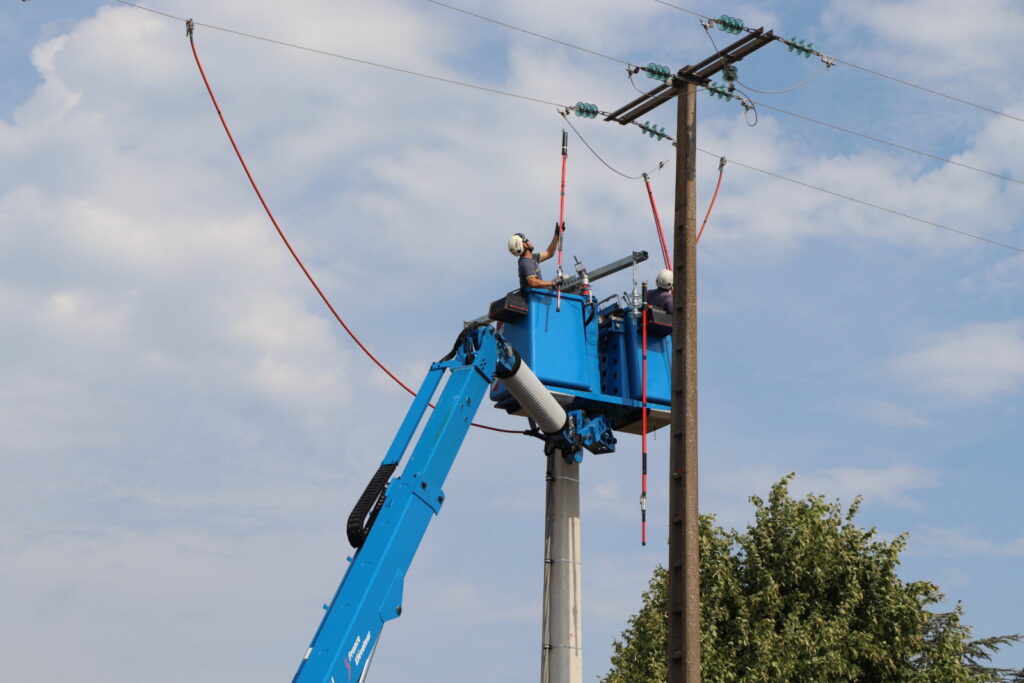The modernization of electrical networks is proving to be a crucial topic for ISGAN in the context of the energy transition. The increasing integration of renewable energies requires not only technological transformation but also large-scale political and regulatory reforms. The urgent necessity for this modernization comes with four key messages aimed at guiding stakeholders in optimizing the network to achieve global sustainability goals. The stakes are even more prominent as national and local governments, as well as network owners and operators, must cooperate to ensure effective planning. This demands an adaptation to the growing complexity of contemporary energy scenarios and the mobilization of data and knowledge infrastructures to support resilient operations.
According to ISGAN, the modernization of electrical networks is an essential political priority for integrating the rapidly expanding renewable energies and achieving global carbon neutrality goals. Policymakers must promote a robust and predictable legislative and regulatory framework to encourage investments in smart grids. Broader coordination among key sector stakeholders is necessary to ensure long-term planning that is adapted to today’s complex realities. Finally, the availability of a strong data infrastructure is crucial to support agile planning and resilient operations.

The foundations of electrical network modernization
The modernization of electrical networks has become a priority for many governments around the world. This transformation is crucial to integrating renewable energies, which are growing rapidly, and to meeting global carbon neutrality targets. Efforts are particularly focused on distribution networks, which require improvement to support the growing demand for energy. Key players in this transformation include national and local governments, network owners, as well as distribution system operators (DSOs) and transmission system operators (TSOs).
ISGAN’s strategic approach to energy policies
The ISGAN organization has proposed four key messages to guide energy policies, emphasizing the importance of reliable legal conditions and a strong legislative framework. This includes a long-term planning horizon to promote the rapid implementation of smart grids. Predictable and robust legislation is necessary to ensure investor confidence, with a high priority given to smart grids beyond electoral cycles. Furthermore, it is essential that the roles and mandates of all actors are clearly defined to foster effective collaboration.
Another crucial aspect is enhanced coordination between key energy sector players, facilitated by the creation of long-term planning platforms. These platforms would provide a shared language and vision, thereby ensuring a common understanding and collaborative engagement. Lastly, traditional planning methods must be replaced by scenario-based approaches that are more flexible and adaptive, fostering innovation and technical and commercial flexibility.
The importance of data and knowledge infrastructures
The availability of a solid data and knowledge infrastructure is a determining factor for the success of electrical network modernization projects. Policymakers must ensure that the necessary resources are in place to support agile planning and resilient operations. This includes building a knowledge base for planning smart grids and promoting data sharing. Particular attention should be paid to international knowledge exchange to advance priority investments in these networks, as global exchange would allow benefits from various experiences.
Articles similaires
Thank you!
We will contact you soon.














